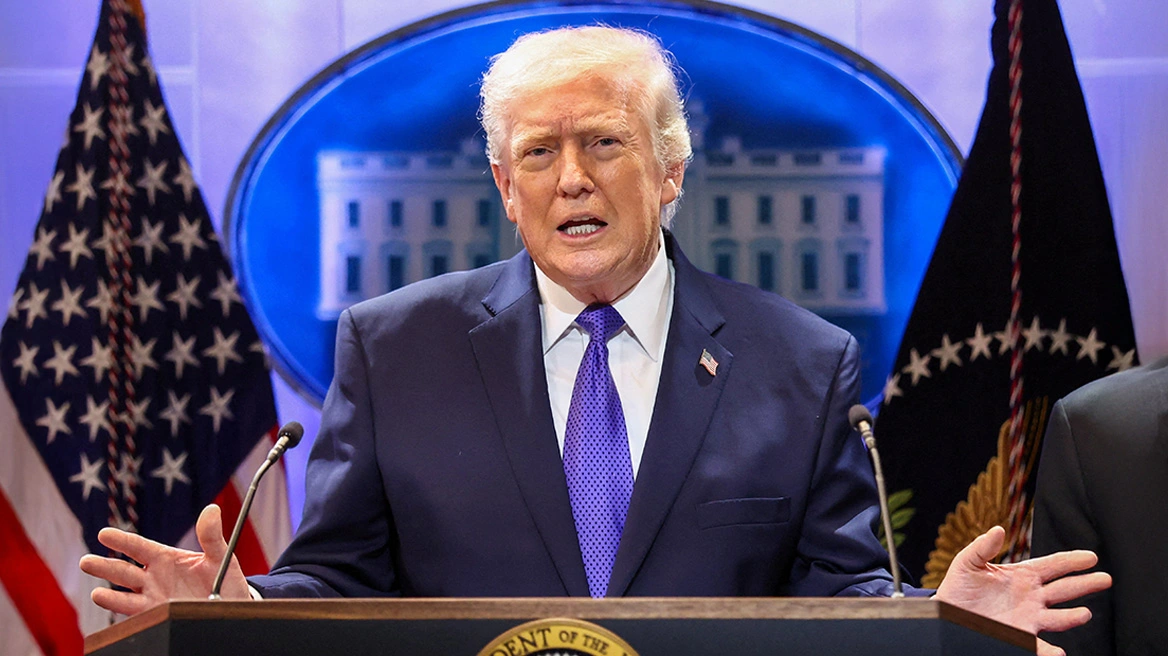A new and stricter regulation on product safety in the European Union came into effect last week. This new framework grants greater authority to supervisory bodies, modernizes the rapid warning system for dangerous products, provides free information to citizens, and ensures easy access to such information, including for persons with disabilities.
The regulation replaces the existing directive on the general safety of products and is adapted to new challenges, such as the dramatic rise in online shopping. It ensures that products sold in the EU—both in physical and online stores—meet the highest safety standards.
Dimitris Tsiordas, MEP of the New Democracy party and a member of the European Parliament’s Committee on the Internal Market and Consumer Protection, has prioritized these issues since the start of his term. On October 16, 2024, he submitted a question to the European Commission, calling for measures to protect consumers from the import of illegal and dangerous toys into the European market. In his text, he pointed out that many illegal toys are imported through online platforms by companies based in third countries, failing to comply with EU safety standards and avoiding tariffs. He stressed that this poses risks to children’s health while creating unfair competition for European manufacturers. He asked the Commission how it plans to address such imports, particularly through online platforms and third-country merchants, and what measures it intends to take to manage the heavy import workload faced by relevant authorities.
On Wednesday, December 18, Executive Vice President of the Commission, St. Séjourné, provided a detailed and specific response to Mr. Tsiordas. He stated that as of December 13, 2024, online toy sales would fall under the General Product Safety Regulation, which includes specific obligations for all online shopping providers targeting EU consumers. These obligations include registering providers in the Safety Gate portal, maintaining internal safety procedures, acting swiftly regarding dangerous products, ensuring merchants provide relevant safety information, and cooperating with market supervision authorities.
Additionally, the Commissioner noted that the European Parliament and the Council are currently discussing the Commission’s proposal, submitted in July 2023, for a new regulation on toy safety. This new framework requires all toys to carry a digital product passport and other information accessible to consumers via a data carrier (e.g., QR code). Importers must submit digital product passports at the EU’s borders, including for toys sold online. These passports will be checked at external borders to identify shipments requiring detailed customs inspections.
The new provisions already in effect streamline product recall procedures. If a product is recalled for safety reasons, consumers must be immediately informed and are entitled to replacement or a refund, as well as the right to collective legal action. The regulation extends the obligations of manufacturers, importers, and distributors. Every product sold must have a responsible party within the EU accountable for its safety. For products manufactured outside the EU, the responsible entity must be based within the EU. Manufacturers must ensure their products comply with the regulation’s requirements and, if found to be dangerous, must withdraw them and notify consumers and national authorities.
Importers and distributors are prohibited from marketing products unless they ensure compliance with the regulation’s requirements. Clear obligations have also been established for online trade platforms: they must not offer products lacking the required safety information, must cooperate with national authorities, and must remove unsafe products from their online stores within a maximum of two days.
Dimitris Tsiordas’ Question
Written Question Request E-002108/2024
To the Commission
Article 144 of the Rules of Procedure
Dimitris Tsiordas (EPP)
Subject: Consumer protection from the import of illegal and dangerous toys into the European market
Many illegal toys are imported into the European market through online platforms by companies based in third countries, failing to comply with EU safety standards and avoiding tariffs.
This poses risks to children’s health and creates unfair competition, as these companies do not adhere to the existing legal framework.
The Commission is asked:
- How does it plan to address these imports, ensuring that such companies comply with EU rules, particularly regarding traceability on online platforms and third-country merchants?
- What measures does it intend to take to better manage the heavy workload of imports handled by the competent authorities?
The Commissioner’s Response
E-002108/2024
Response by Executive Vice President St. Séjourné on behalf of the European Commission
(18.12.2024)
Several legislative reforms address the online sale of unsafe toys from third countries, including the following:
As of December 13, 2024, online toy sales through e-commerce stores or online shopping providers will fall under the General Product Safety Regulation. This regulation imposes specific obligations for product safety on all online shopping providers targeting EU consumers. These obligations include registering in the Safety Gate portal, maintaining internal product safety procedures, acting quickly regarding unsafe products, ensuring merchants provide safety and traceability information, and cooperating with market surveillance authorities. These obligations complement those related to merchant traceability and compliance by design under the Digital Services Act.
In July 2023, the Commission proposed a new regulation on toy safety, requiring all toys to carry a digital product passport with compliance and other information accessible via a data carrier (e.g., QR code). Importers will need to submit digital product passports at the EU’s borders, including for toys sold online. IT systems must check these digital product passports at external borders to identify shipments requiring detailed customs inspections. National inspectors will remain responsible for toy inspections. The European Parliament and the Council are currently discussing this proposal.
Additionally, the proposed reform of the EU Customs Union will enhance customs and other authorities’ ability to enforce EU import rules, including for e-commerce imports.
Ask me anything
Explore related questions





